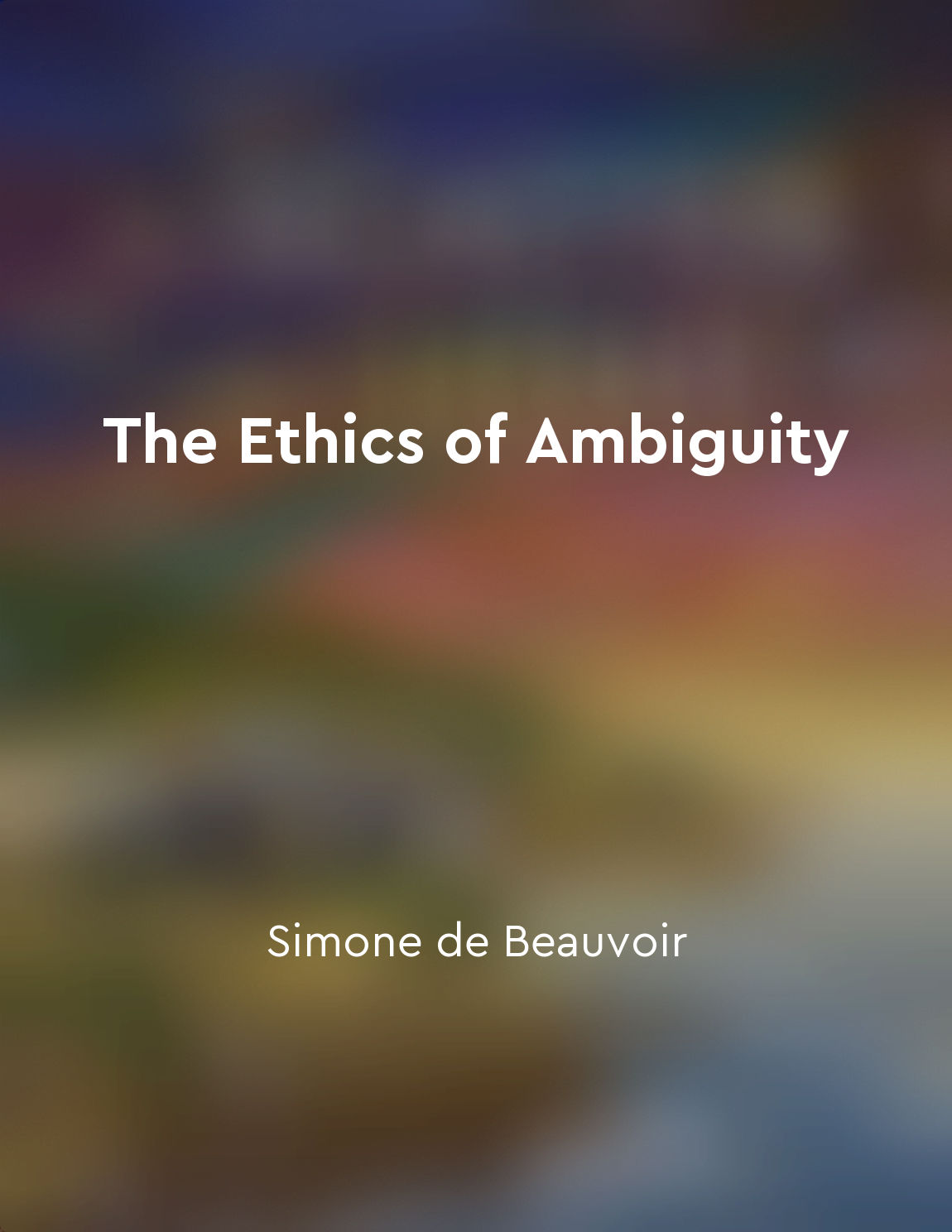Moral principles are universal and necessary from "summary" of THE CRITIQUE OF PRACTICAL REASON by Immanuel Kant
The concept of moral principles being universal and necessary is a fundamental aspect of Kant's ethical philosophy. According to Kant, moral principles are not contingent upon individual desires or circumstances, but rather are rooted in reason itself. This means that certain moral principles are binding on all rational beings, regardless of their particular situation or personal preferences. Kant argues that moral principles must be universal because they are based on reason, which is a common faculty shared by all rational beings. Since reason is the same for everyone, moral principles cannot vary from person to person. For example, the principle that lying is wrong applies to all rational beings, not just to some people in certain situations. Furthermore, Kant maintains that moral principles are necessary because they are derived from the very nature of rationality itself. In other words, in order to be rational, one must adhere to certain moral principles. For Kant, this is not a matter of subjective opinion or cultural norms, but rather a logical necessity that follows from the nature of reason. Kant's emphasis on the universality and necessity of moral principles is intended to provide a firm foundation for ethical decision-making. By grounding morality in reason, Kant seeks to establish a moral framework that is objective, consistent, and binding on all rational beings. This approach stands in contrast to ethical theories that rely on subjective feelings or social conventions to determine what is right or wrong.- Kant's view is that moral principles are not arbitrary or contingent, but rather are rooted in the very nature of rationality itself. By recognizing the universal and necessary nature of moral principles, Kant aims to establish a solid ethical foundation that is capable of guiding human conduct in a consistent and reliable manner.
Similar Posts
Collaborate with others
When we collaborate with others, we are able to tap into the collective intelligence and creativity of a group. By working toge...
Social change comes through moralizing and sanctification
The process of social change is complex and multifaceted, requiring a combination of factors to be successful. One important as...
Justice is essential for maintaining societal order
In human society, justice plays a vital role in ensuring the maintenance of order and harmony among individuals. Without justic...

The individual must create their own ethical framework
In the face of ambiguity and uncertainty, individuals are confronted with the task of forging their own moral compass. This tas...
Socrates believed in questioning everything
Socrates was a Greek philosopher who lived in Athens during the 5th century BCE. He is known for his unique method of questioni...
Understanding is contextual
Understanding is contextual. This means that our comprehension of a particular concept or idea depends on the context in which ...
Technology has the power to enhance or suppress our instincts
Technology wields the power to shape our behaviors and instincts, either amplifying or subduing our innate inclinations. Take, ...
Finding peace through the Quran
The Quran is a source of comfort and solace for those who seek peace in their lives. It provides guidance and wisdom that can h...

Education empowers individuals to shape the future
Education is not just about acquiring knowledge or skills. It is about empowerment. It is about giving individuals the tools th...
The origins of art and creativity in humans
The question of the origins of art and creativity in humans is a fascinating one, and one that has puzzled scientists and schol...

